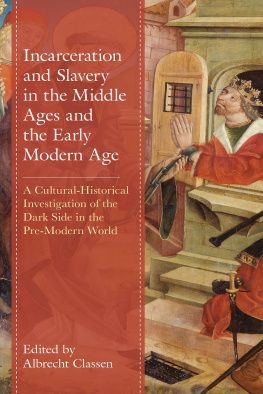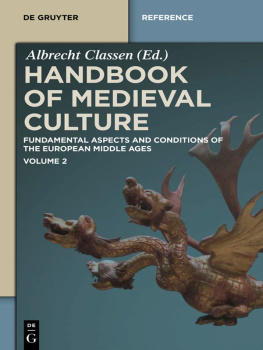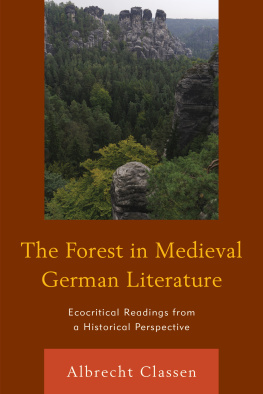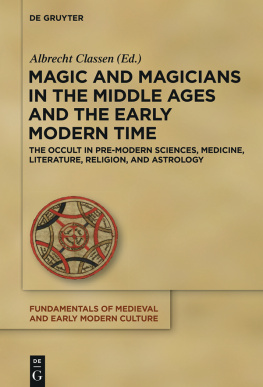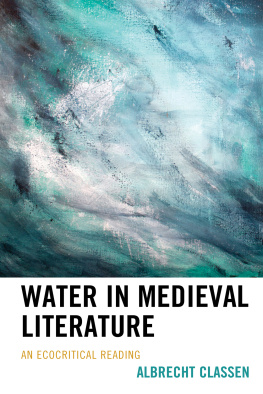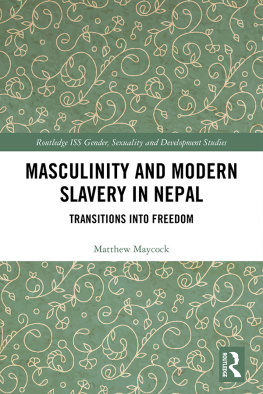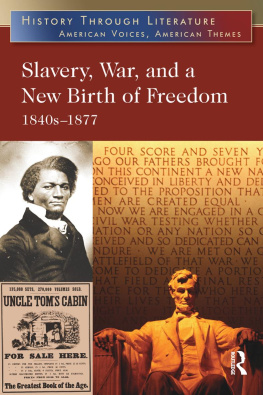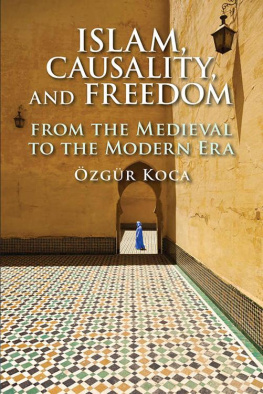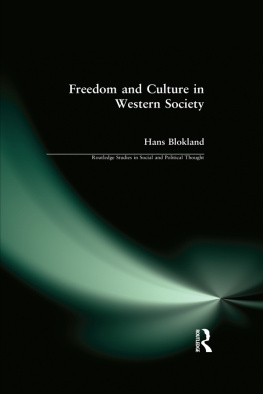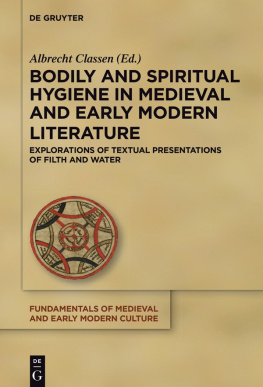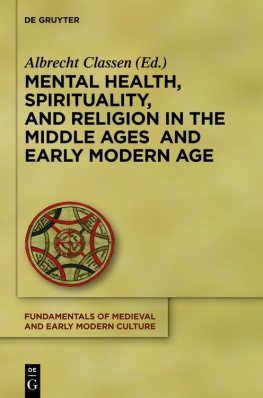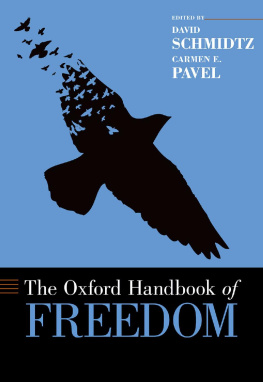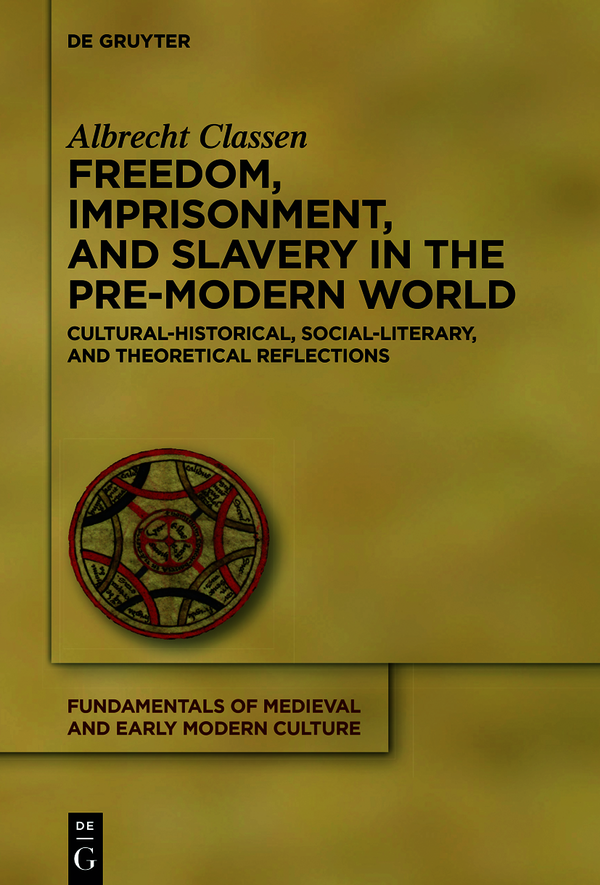The Deutsche Nationalbibliothek lists this publication in the Deutsche Nationalbibliografie; detailed bibliographic data are available on the Internet at http://dnb.dnb.de.
Frihet r det dlaste ting Som skas m all verlden kring, Den frihet vl kan bra. Vill du dig sjelfvan vara huld, Du lske frihet mer n guld, Ty frihet fljer ra. |
Harsh Realities: Lack of Freedom Desire for Freedom
Extremes of Human Existence Past and Present
Most of medieval and early modern literature seems to ignore some of the darkest moments in human life, but it also abstains, at least at first sight, from discussing the issue of freedom. Although there have always been imprisonment or enslavement in human culture and civilization, not to mention executions or other forms of gruesome penalties, those seem to be addressed less commonly in poetic or fictional form because pre-modern literature hardly catered to sadistic pleasures. The reason for this phenomenon might perhaps have been that those experiences would have been too shocking for the various (courtly or urban) audiences looking for entertainment and uplifting material within their banal, trivial, and uneventful lives. The vast world of courtly romance, of short verse narratives (fabliaux, mren, novelli), of religious plays, of heroic epics, and of love poetry normally turns its attention away from the sordid, miserable, painful, and horrifying moments in a persons life when everything suddenly comes to a screeching halt because external forces impose themselves on the individual and remove him/her from the ordinary course of events, creating a terrible hiatus, or an absolute or final change from freedom to imprisonment or, even worse, to slavery.
What is meant here is not death, which represents a total closure and end of all existence, but the temporary or a life-long loss of freedom experienced by the slave which often amounted nearly to a form of death while the person was still alive and held in captivity or bondage. By the same token, the desire for freedom seems to be a fundamental aspect and need of human culture, although, considering world history, it has been more often an evanescent and ephemeral experience than a stable and guaranteed form of existence. It was never enough simply to say, following Ren Descartes, cogito, ergo sum (1637; Discours de la Mthode Pour bien conduire sa raison, et chercher la vrit dans les sciences, translated into Latin in 1656). The human being also needs freedom, space to breathe, to act according to his/her own will, and independence from a dictatorial, tyrannical, hence repressive ruler a notion which gained primary shape since the eighteenth century, as we commonly hear. Hence, to adapt Descartess adage, the real message would be: libero, ergo sum, a concept which has resonated throughout time and so also in the works of many recent philosophers, economists, and sociologists, such as Amartya Sen, Daron Acemoglu, and James A. Robinson, and which has been enshrined in many western constitutions.
There is, unfortunately, very valid concern in many modern countries, both in the East and the West, that the hard-fought victories of democracy and freedom might be at risk again because neo-fascist, radically militarized, and in fact repressive forces are gaining greatly in influence all over the world at an alarming rate, using the legal system, the military might, and the police force to their own advantages, attempting to manipulate public opinions against the fundamental concepts of individual freedom in the name of an elusive notion of the nation run by the great leader allegedly protecting the people from external and internal forces. Charisma is thus replacing democracy, and a cult-culture replacing a freedom-based society.
We seem to understand the meaning of freedom fully only when it is in danger of being lost or already taken away from us, as many historical examples from ancient Greece to imperial Rome, and throughout the Middle Ages and beyond have demonstrated. Freedom is hardly ever discussed when all members of a society enjoy it and do not perceive any danger that they might lose it. History teaches us, however, that human societies have always struggled against dictators, tyrants, oligarchs, and even against the tyranny of the very people who rallied against their aristocratic oppressors and then turned against wide swaths of the population perceived to be not on their side (French Revolution, Russian Revolution). Thus, probing the meaning of freedom and its potential loss opens many significant perspectives regarding the fundamental structures and value systems of any society throughout time.
These preliminary, maybe subjective reflections serve here only as a springboard for cultural-historical investigations concerning the pre-modern discourse on freedom, imprisonment, and slavery. But, examining past comments on those three fundamental aspects and investigating how medieval and early modern authors thought and argued about them in philosophical, spiritual, ethical, and political terms, promises to provide us with valuable tools in the current situation because historical experiences serve exceedingly well as mirrors or models for our own discourse. If we do not know of and about the struggles in the past, we would simply not be prepared enough for our modern challenges. The cry for freedom, for instance, resonates throughout history, and medieval poets also and very meaningfully emerge as powerful contributors to the global efforts in the twenty-first century to fight against injustice, political subjugation, dictatorship, and in support of public and private efforts to maintain or to gain our freedom. The number of relevant voices from that time period might not be very large, but we can be certain that those existed as well. Bringing those to light here constitutes, I dare say, the opening-up of a new page in our history books of the Middle Ages and the early modern age.
By the same token, many medieval cultural texts, such as sacred, religious works, or heroic epics, contain references to imprisonment, often brought about by monstrous creatures, such as dragons or griffins. Only the intervention of the hero or the growth of the young protagonist into a hero makes possible the liberation from the prison. There are even cases of self-imposed imprisonment for religious reasons. I will provide examples for these phenomena in the discussions further below. We will also observe that neither gender nor social class matters in terms of imprisonment, and even members of a royal family could become victims of slavery. The issue that will be addressed below thus proves to be, from the start, extremely complex and challenging, and hence of fundamental relevance also, if not particularly, for pre-modern society.
Modern Phenomena and Pre-Modern Conditions
Certainly, the western world today seems to enjoy a high level of individual freedom, guaranteed through constitutions or other basic laws, but we also know that slavery continues to exist, in the very same world, mostly hidden, but not eradicated at all. Enormous economic progress is noticeable at current times, but personal freedom, justice, and inclusivity are alarmingly on a steady decline, and this now for some decades, so it seems. As we can clearly observe, all over the world increasingly autocratic governments have claimed absolute power over their citizens, and the post-modern world faces the surprising development that freedom for the individual within a democratic system is suddenly at stake, once again. Freedom of expression, assembly, religion, movement, activities, and so forth are tenuous ideals, and considering the growth of repressive regimes in many countries even in the twenty-first century, those of us who still enjoy those freedoms can count them as our blessing and hope they are not goig to be lost to a growing authoritarianism in many different countries.


